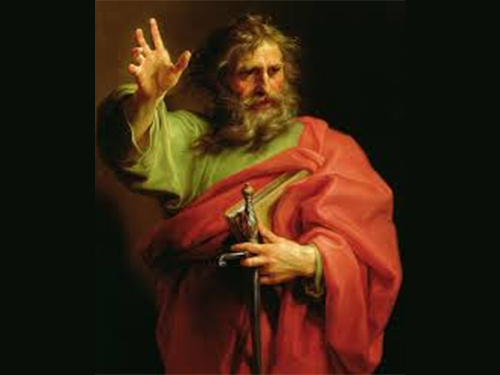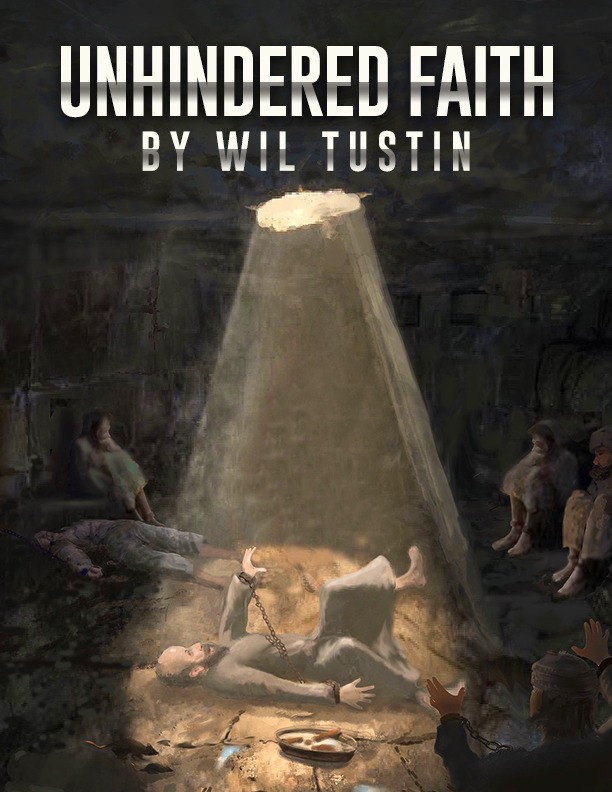Saul of Tarsus, later known as Paul, transformed from a persecutor into one of history’s most influential figures, shaping Western civilization in profound and enduring ways. A first-century Roman citizen educated in Jewish and Greek traditions, Paul experienced a life-altering vision on the road to Damascus, which led to his spiritual awakening and redefined his purpose.
Paul’s genius lay in his ability to universalize the teachings of Jesus. He translated a localized Jewish movement into a message that resonated across the Roman Empire and beyond. His writings, which form nearly half of the New Testament, created a theological framework addressing both Jews and Gentiles. These letters, rich with themes of grace, redemption, and spiritual freedom, bridged Jewish scripture and Greek philosophy, laying the foundation for Christian theology and influencing thinkers from Augustine to Martin Luther.
Socially, Paul’s teachings were revolutionary. In a divided world, he proclaimed, “There is neither Jew nor Greek, slave nor free, male nor female, for you are all one in Christ Jesus.” While its full implications took centuries to emerge, this declaration planted the seed of radical equality.
Paul’s missionary journeys established the first international Christian network, connecting communities from Jerusalem to Rome. These churches became centers of religious, social, and cultural exchange, influencing the structure of religious organizations and fostering early models of international cooperation. His concept of interconnected but independent communities inspired not just spiritual but also societal frameworks.
His writings also enriched literature, establishing the epistle as a key literary form and introducing spiritual concepts that influenced Western languages and ideas. The Damascus road experience redefined the concept of conversion, influencing Western narratives about personal transformation, redemption, and identity.
Paul’s theology contributed to political thought, emphasizing individual conscience and universal dignity. His distinction between spiritual and worldly authority helped shape the eventual separation of church and state. His impact is visible in art, literature, and architecture, from depictions of his life to the towering spires of cathedrals inspired by his legacy.
Even in today’s secular world, Paul’s ideas resonate in humanitarian efforts, communication theories, and cross-cultural dialogues. His influence transcends religious boundaries, touching Islamic scholars, secular philosophers, and political theorists alike. The vision Paul had on the road to Damascus continues to shape our values, institutions, and cultural understanding to this day.





